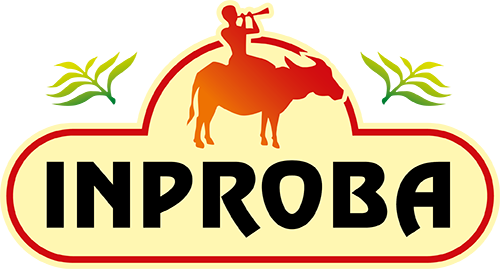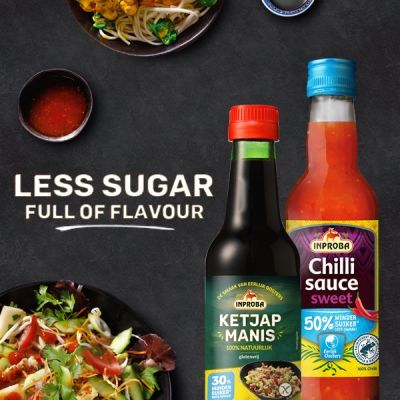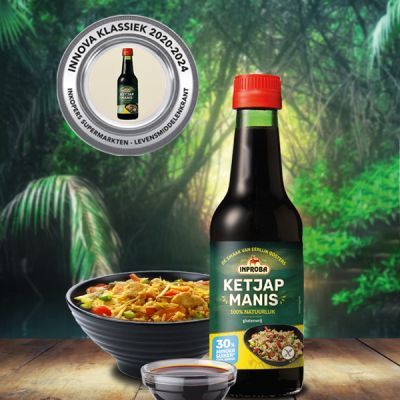Attention to our living environment
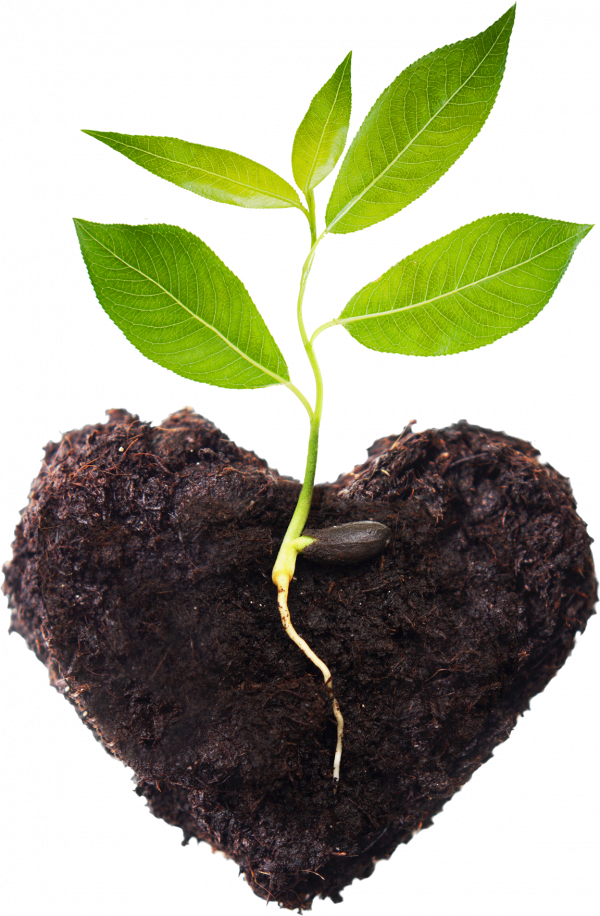
The corona crisis has shown us that people, environment and economy are closely intertwined on a global scale. This realisation had already motivated us years ago to contribute to this beautiful planet so we can all live and work together. We are therefore extremely proud that we can say that our operations have been climate neutral since 2020* (on scope 1 & 2).
At Inproba, we make a conscious effort to deal with our living environment and the climate.
We continuously look critically at our own production process and make agreements with suppliers.
As of 1 Oct 2020, 100% of the chilli peppers used by us will be purchased from Rainforest Alliance Certified farms. It’s these farms that grow and process the plants, always with respect for people, plants, animals and the natural environment.
All PET bottles we use for Inproba are fully recycled PET bottles and all labels we use on our products are FSC certified paper labels
We take numerous measures to reduce the energy use in our buildings and production lines. Good waste separation and reuse (of cooking oil, for example) ensures we produce as little residual waste as possible. At the same time, we are constantly looking for less environmentally-harmful packaging and packaging-saving technologies.
We also signed the Baarn Climate Agreement 2030 in 2017.
This is an agreement between approximately seventy (local) companies, institutions, residents, political parties and the municipality of Baarn to take individual and joint actions to achieve a climate-neutral* Baarn by 2030.
A number of the environmentally-friendly measures we are undertaking to achieve that our operations have been climate neutral since 2020* can be found below:
- Since January 2016, our entire electricity needs have been transferred to 100% wind energy.
- The purchase of 8 hybrid passenger cars now contributes to further fuel savings for commuting and business trips. Inproba’s car policy states that newly purchased passenger cars should only emit a maximum of 120 grams of CO2 per kilometre driven (standard value ex works).
- By improving metal detection on unpackaged products, sending excess batches to the Food Bank, and collecting biomass, we can keep food waste to a minimum.
- Biogas production has now increased due to the capture of biomass.
- Reduction in residual waste: 84% of our waste is now recycled (we have the numbers from an external research agency to prove it). Despite this good score relative to the industry average, the company is still looking at ways to separate recyclable materials more effectively and reduce residual waste to a minimum.
- By investing in a reforestation project in Borneo, together with FSC Netherlands and The Borneo Initiative; we have managed to reduce the Inproba residual CO2 emissions (scope 1 & 2) by planting meranti trees.
And for the Baarn Climate Agreement, research is currently being undertaken to look into making (part) of the roof available for the installation of solar panels for external parties, namely the residents of Baarn in the form of a Postcode Rose scheme.
- Would you like to know more about the environmentally-friendly measures we are facilitating in our company? Take a look at our CSR policy
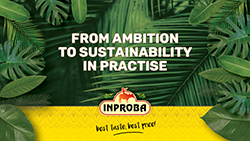
* Scope 1&2 climate-neutral means that we take responsibility for our own emissions in the immediate scope of our influence, and thus which Inproba can control. This concerns parameters such as the use of electricity, gas, water, company cars and trucks and waste-related aspects, including biomass.
